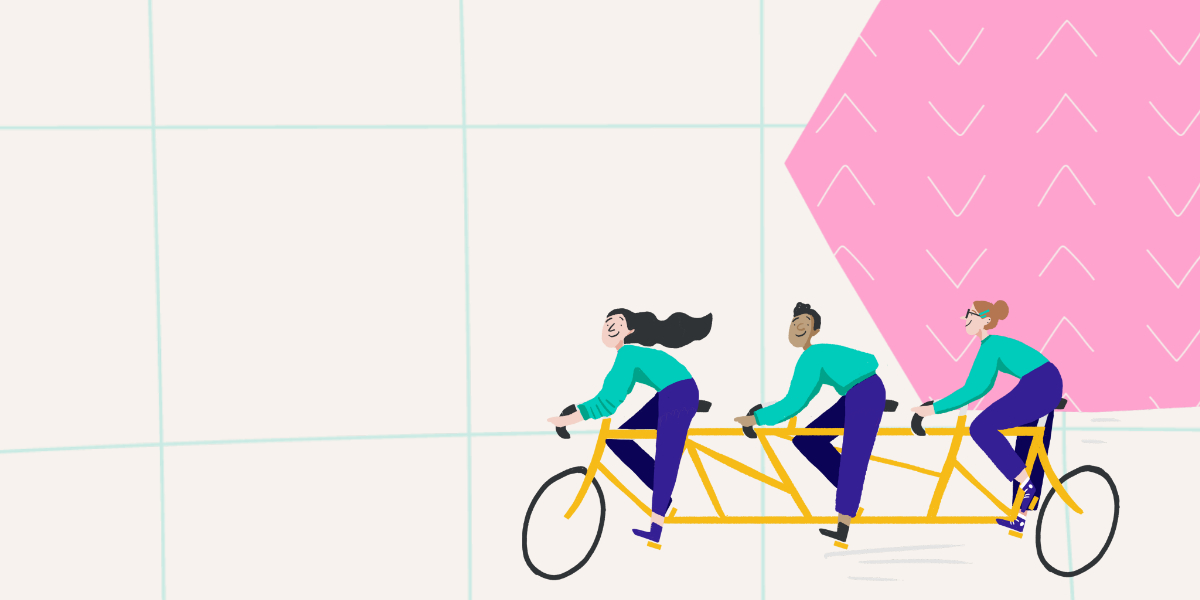This is a guest blog written by Ashika Vijay, a Maths and Physics tutor on MyTutor.
One greener decision we can all make in our everyday life is our method of transport. University students or graduates moving to new cities will often require a change in transportation for getting from A to B. Even for those of us now working from home, whether it be tutoring or studying for university, transport still plays a huge part in our work and personal lives. This blog post will reflect on the contribution of the public transport industry towards global environmental goals and ways in which students can travel in a more eco-friendly way.
Our most obvious methods of greener travel as students include walking, cycling, or quite fashionably, roller skates and skateboards.
Walking
Walking is considered the cheapest (free!) and most sustainable method of transport, emitting no harmful emissions and greatly benefits your health, especially in cities. However, it is also by far the slowest. Here are some ways you can encourage yourself to walk more:
• Living closer to your university buildings. Although you will pay more in rent, this offsets the cost of transport of polluting taxis and buses
• Listen to a podcast or audiobook. This helps make the journey more enjoyable and a chance to destress your mind from university
• Count your steps by using a Fitbit or from the step counts on your phone
Don’t forget to wear some comfortable footwear!
Cycling
Similarly, cycling is one of the most eco-friendly transportations and you can travel three times faster than walking. Bicycle lanes have popped up in most cities to help with this. Although there is an initial upfront cost of a bicycle, there are second-hand bike stores where you can grab one for a bargain. Cycling also helps reduce your blood pressure and stress while increasing your energy and elevating your overall mood, which is important for improving your mental health. A bike also allows you to travel to areas that aren’t as accessible whilst walking, providing a valuable escape from your usual surroundings. Remember, as well as a helmet for safety, make sure to also buy strong bike locks.
Roller Skates and Skateboards
For cities and university campuses built with wide, flat, pavements, roller skating or skateboards are a fun way to get around, again producing no pollutants and providing an entertaining workout. The disadvantage, however, could be carrying around the skates or skateboards along with your books, folders and laptop. It also requires flat terrains but making sure not to travelling at busy times with many other pedestrians on the pavements. Although skates and skateboards require safety gear, they tend to be a much cheaper upfront cost than a bicycle.
Bus
As far as public transportation goes, buses are the greenest way to travel. They help reduce congestion in towns and cities and they produce significantly less air pollution per passenger mile than a standard car carrying a single driver. Buses are also great for individuals who cannot drive, such as students with physical disabilities. Unlike walking, cycling or skateboarding, you can free up time on a bus by also reading, listening to an audiobook or studying, all whilst shielding from the rain inside. Buses also encourage healthier habits such as walking more to and from bus stops, and somewhere to socialise with friends More electric buses are being rolled out, providing an even cleaner way to travel, and this will soon become the norm.
What can we do as students to make these more accessible?
These green options come at a cost which is often a balance of time, money, and convenience. Firstly, contacting your local MP about the transport options in your local area will make a huge difference. It is important to make public transport cheaper than driving in cities. Schemes such as 16-25 (and now 26-30) railcards or free transport for under 16s for school buses, greatly encourage individuals to choose the greener option even if it means it is less convenient.
Check whether there are discounted travel offers such as bus or tram passes, that you can save on per year. If a bike is too expensive, then most cities are also now offering ebike hires. Think about the bus lanes and bus priority measures where you live, these should be in places that make it faster to travel through the city than a car but also safe for pedestrians.
From Year 12, we all may consider driving lessons as a ‘right of passage’. As we all become more environmentally conscious, this could be a very difficult decision for students. There is a tendency to judge or shame those that choose a less greener option. However, this is not how we’re going to progress as a society to ensure we’re all doing our part to use more sustainable transport. These are personal to each person’s unique living situation, location, and needs. It is our responsibility to ensure that more eco-friendly transport methods are encouraged and the most attractive way to travel in our cities.
As always, if you have any questions or feedback, we’d love to hear from you. You can reach us on [email protected] or 0203 773 6024.




